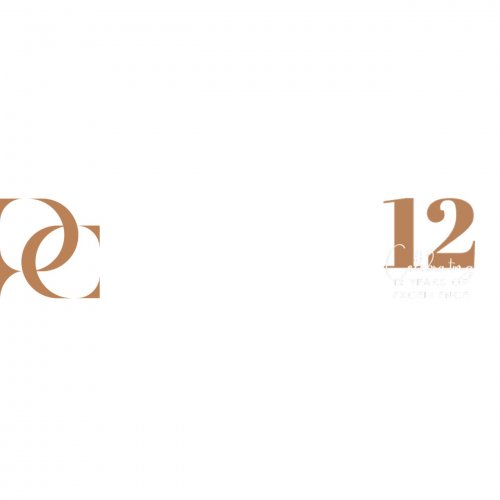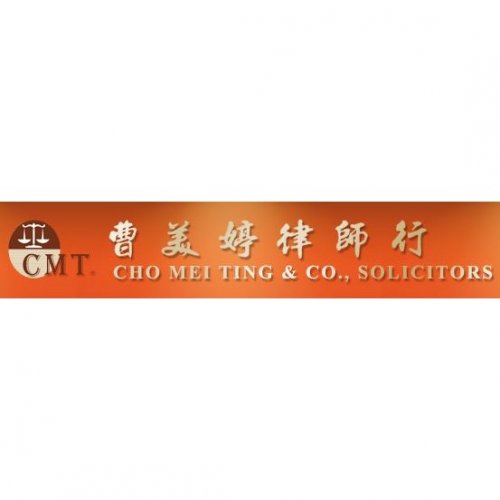Best Criminal Litigation Lawyers in Hong Kong
Share your needs with us, get contacted by law firms.
Free. Takes 2 min.
Or refine your search by selecting a city:
List of the best lawyers in Hong Kong
About Criminal Litigation Law in Hong Kong
Criminal litigation in Hong Kong involves the prosecution and defense of individuals accused of criminal offenses. The legal system operates under the framework known as common law, which is influenced by the British legal system due to Hong Kong's history as a former British colony. The Department of Justice handles prosecutions on behalf of the state, while magistrates’ courts, district courts, and the high court manage the cases depending upon their severity. The integrity of the Hong Kong legal system is maintained via principles such as the rule of law and judicial independence.
Why You May Need a Lawyer
There are several situations where hiring a lawyer in criminal litigation is crucial. These may include being arrested, charged with a crime, or if one is undergoing police investigation. Lawyers can provide guidance on rights, represent you in court, and help negotiate plea bargains if necessary. In many cases, the legal complexities involved necessitate professional legal assistance to avoid potentially serious consequences.
Local Laws Overview
Hong Kong's legal system is partially governed by the Basic Law, a constitutional document which provides the fundamental legal framework. The Crimes Ordinance and the Criminal Procedure Ordinance are key statutes, outlining numerous offenses and associated procedures. Laws regarding detention, bail, and the right to a fair trial are also critical aspects of criminal litigation. Moreover, the Evidence Ordinance dictates how evidence should be handled and presented in court.
Frequently Asked Questions
1. What are my rights if I am arrested in Hong Kong?
Upon arrest, you have the right to remain silent, the right to consult a lawyer, and the right to be informed of the charge against you. The police must clearly state their authority when making an arrest.
2. How is bail determined?
Bail is determined based on the risk of the accused absconding, committing further offenses, or interfering with witnesses. The court may require a personal guarantee or a monetary deposit.
3. Can I represent myself in a criminal case?
While it is legally permissible to represent yourself, it is generally not advisable due to the complexity of criminal law and procedures. Legal representation can provide a more robust defense.
4. What is the difference between summary and indictable offenses?
Summary offenses are minor crimes tried in magistrates’ courts, while indictable offenses are more serious and can be tried in higher courts such as the district court or high court.
5. How long does a criminal case generally take?
The duration of a criminal case varies based on its complexity, court schedules, and the specifics of each case. It could range from a few months for straightforward cases to years for more complex ones.
6. What happens if I plead guilty?
If you plead guilty, the court will hear mitigation pleas before sentencing. A guilty plea may lead to a reduced sentence compared to being found guilty after trial.
7. Can a criminal conviction be appealed?
Yes, you can appeal both the conviction and the sentence. The appeal must be filed within a stipulated time frame after the conviction.
8. What is restorative justice?
Restorative justice focuses on the rehabilitation of offenders and reconciliation with victims, rather than punishment. It is applied selectively, depending on the case details.
9. How can I expunge my criminal record?
Expungement processes are influenced by the nature of the crime, time since completion of the sentence, and specific criteria being met. Legal advice should be sought for guidance on this process.
10. What role do plea bargains play in Hong Kong?
Plea bargains are less formalized in Hong Kong compared to jurisdictions like the US. However, negotiations can occur for lesser charges in exchange for a guilty plea.
Additional Resources
For further information or assistance, consider contacting the following:
- The Hong Kong Bar Association
- The Law Society of Hong Kong
- Legal Aid Department
- Hong Kong Jockey Club Aided Legal Advice Scheme
Next Steps
If you need legal assistance, it's important to act swiftly. Consider the following steps:
- Contact a reputable lawyer specializing in criminal law to discuss your case.
- Gather all relevant information and documents pertaining to your case.
- Attend all legal consultations and court dates, fully prepared with questions and concerns you might have.
- Contemplate any legal aid options if needed, especially if financial constraints are an issue.
By following these steps, you'll be better equipped to navigate the complexities of criminal litigation with the help of an expert legal professional.
Lawzana helps you find the best lawyers and law firms in Hong Kong through a curated and pre-screened list of qualified legal professionals. Our platform offers rankings and detailed profiles of attorneys and law firms, allowing you to compare based on practice areas, including Criminal Litigation, experience, and client feedback.
Each profile includes a description of the firm's areas of practice, client reviews, team members and partners, year of establishment, spoken languages, office locations, contact information, social media presence, and any published articles or resources. Most firms on our platform speak English and are experienced in both local and international legal matters.
Get a quote from top-rated law firms in Hong Kong — quickly, securely, and without unnecessary hassle.
Disclaimer:
The information provided on this page is for general informational purposes only and does not constitute legal advice. While we strive to ensure the accuracy and relevance of the content, legal information may change over time, and interpretations of the law can vary. You should always consult with a qualified legal professional for advice specific to your situation.
We disclaim all liability for actions taken or not taken based on the content of this page. If you believe any information is incorrect or outdated, please contact us, and we will review and update it where appropriate.
Browse criminal litigation law firms by city in Hong Kong
Refine your search by selecting a city.















